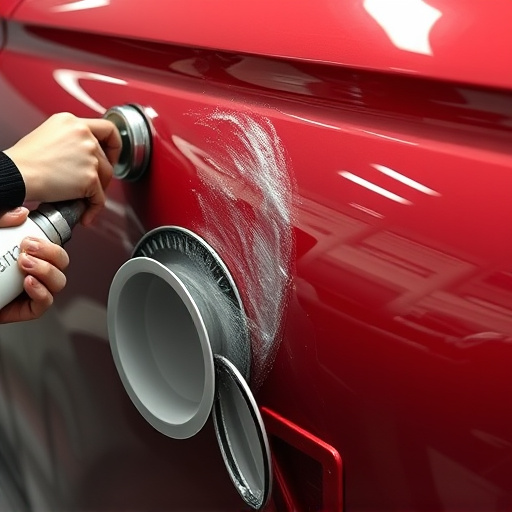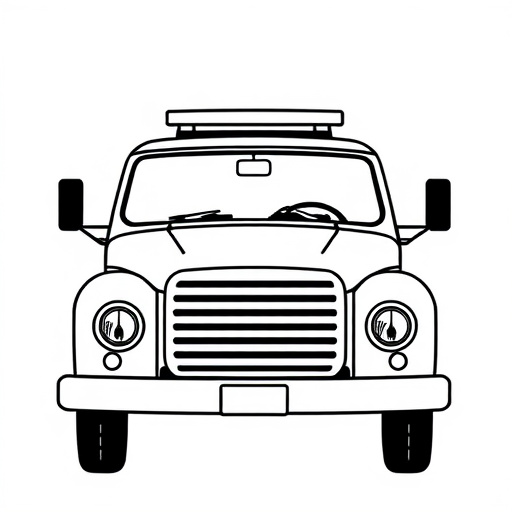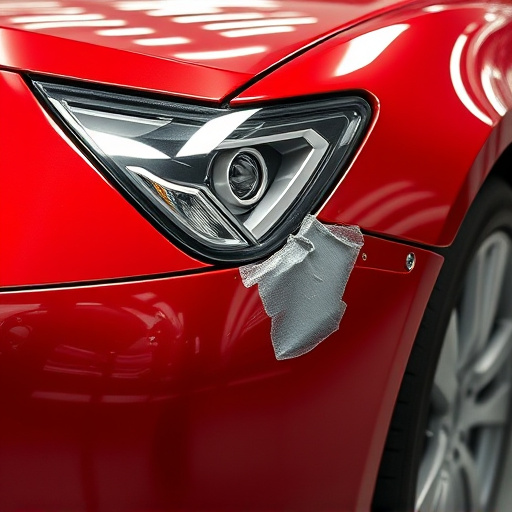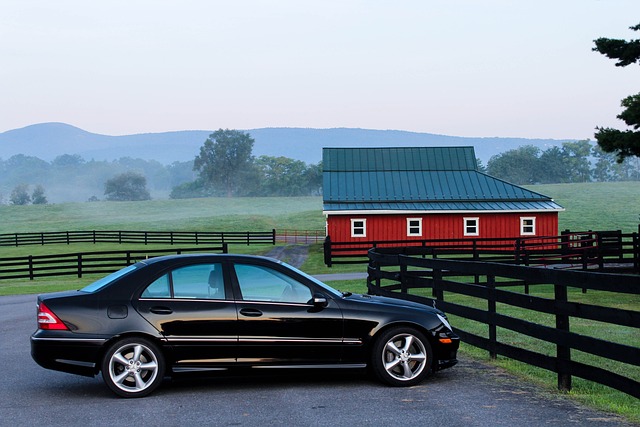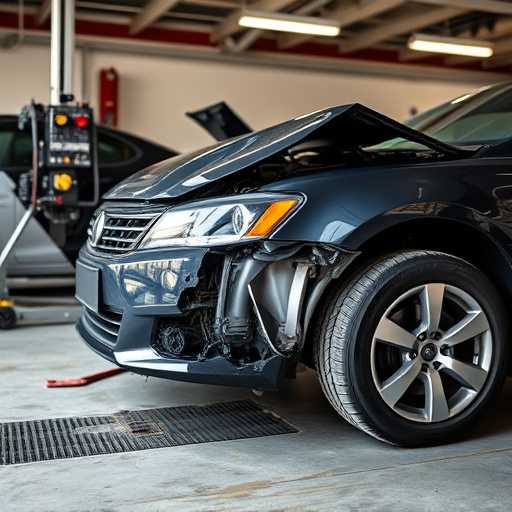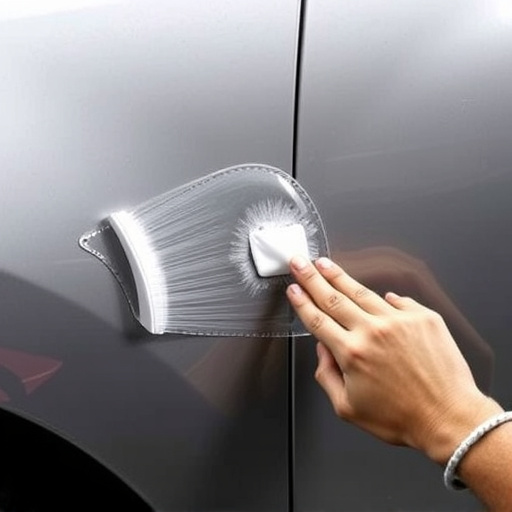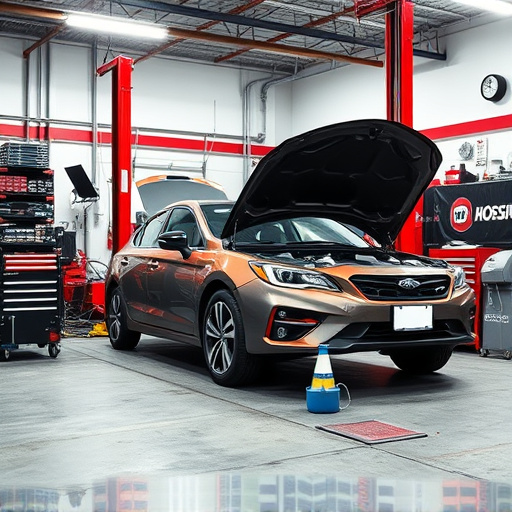Understanding rental car insurance coverage is vital. Basic packages offer liability and personal injury protection but may not suffice for accidents, theft, or natural disasters. Add-on options like collision repair shop protection and comprehensive coverage bridge these gaps, ensuring financial preparedness during the rental period. For extended rentals or diverse terrains, extra protection safeguards against unforeseen events and offers peace of mind.
Rental car insurance coverage is a vital aspect of renting a vehicle, protecting you from financial strain in case of accidents or damage. This comprehensive guide breaks down the basics, different types, and necessity of additional protection. Understanding these key elements ensures you’re well-informed when navigating rental car insurance options. By the end, you’ll know exactly how to choose the right coverage for your needs, minimizing stress and maximizing peace of mind while on the road.
- Understanding Rental Car Insurance Basics
- Different Types of Coverage Explained
- When and Why You Need Additional Protection?
Understanding Rental Car Insurance Basics

When you rent a car, whether for a vacation or a business trip, understanding your insurance coverage is essential. Rental car insurance coverage protects you from financial strain in case of an accident or damage to the vehicle. It’s designed to cover costs that aren’t always included in the basic rental agreement.
The basics typically include liability coverage, which pays for damages if you’re at fault in an accident, and personal injury protection (PIP), which covers medical expenses for you and your passengers. However, this might not cover all incidents. For instance, damage caused by a driver’s negligence, such as colliding with another vehicle or hitting a pedestrian, may not be covered under basic rental car insurance. That’s where add-on coverage, like collision repair shop protection, comes in. It helps offset costs if the car needs repairs due to an accident, and it can even cover theft or damage from natural disasters. Keeping these aspects in mind ensures you’re prepared for unexpected events while renting a vehicle.
Different Types of Coverage Explained

Rental car insurance coverage comes in various types, each designed to protect you during your rental period. The most common types include liability coverage, collision damage waiver (CDW), and personal accident insurance (PAI). Liability coverage is crucial as it protects you against claims made by others for damages or injuries caused by an accident involving your rented vehicle. This includes property damage and bodily injury liabilities.
Collision damage waiver (CDW) is a type of coverage that helps with the cost of repairing or replacing your rental car if it’s damaged in an accident, regardless of who is at fault. It essentially waives the deductible you’d typically have to pay for such damages. Personal accident insurance (PAI) provides financial protection in case of injuries or deaths caused to you or your passengers during the rental period. This includes medical expenses and, in some cases, loss of income due to injury-related absences. For classic car enthusiasts, ensuring comprehensive coverage that includes vehicle repair or even classic car restoration is essential to protect their valuable assets.
When and Why You Need Additional Protection?

Rental cars offer convenience during travel, but they don’t come with comprehensive protection. Standard rental car insurance typically covers basic damages like wear and tear, but it often leaves significant gaps. This is where additional protection becomes crucial. If you’re renting for an extended period or planning to drive in unfamiliar terrains or regions prone to accidents, extra coverage is essential. It safeguards against unforeseen events, offering peace of mind while on the road.
Consider situations like colliding with another vehicle, causing extensive damage to the rental car or being responsible for injuries to others. Standard policies might not fully compensate you or the rental company for these incidents. Additional protection bridges these gaps, ensuring that repairs, including those for a dented fender or damaged automotive body, are covered, and legal liabilities are managed, providing access to fleet repair services when needed.
Rental car insurance coverage is a vital aspect of renting a vehicle, offering protection against unexpected costs. By understanding the basics, different types, and when additional protection is needed, you can make informed decisions. Whether you’re traveling for business or leisure, ensuring you have the right rental car insurance can provide peace of mind and safeguard your finances from potential risks.

